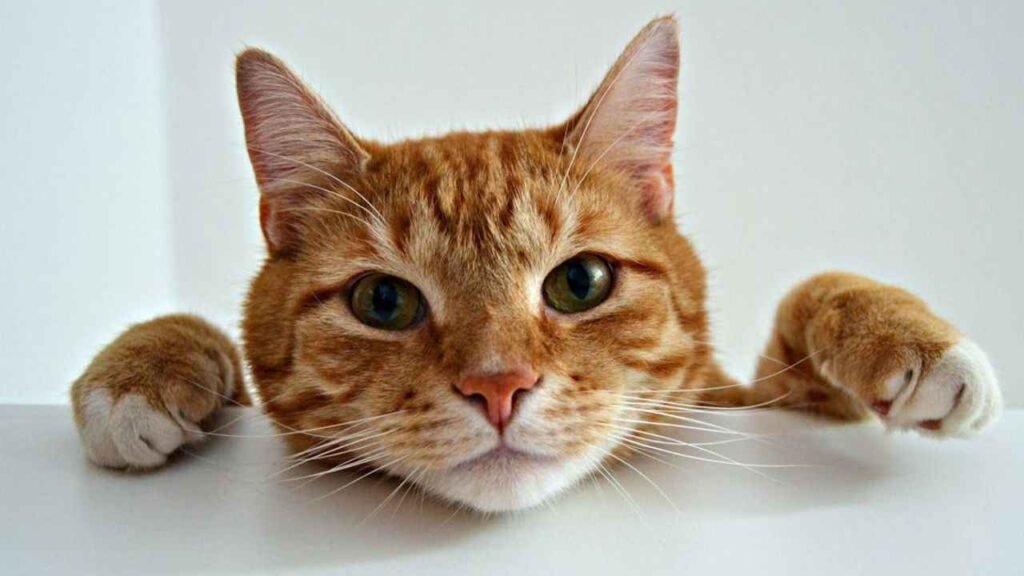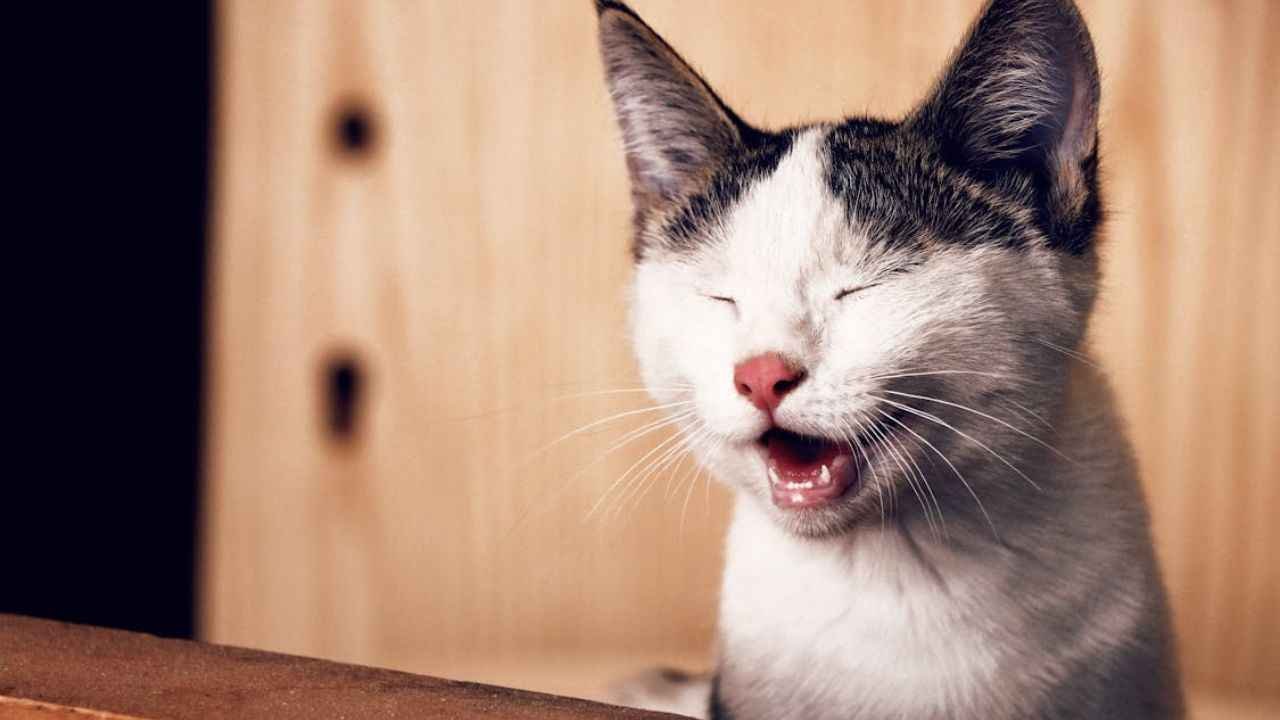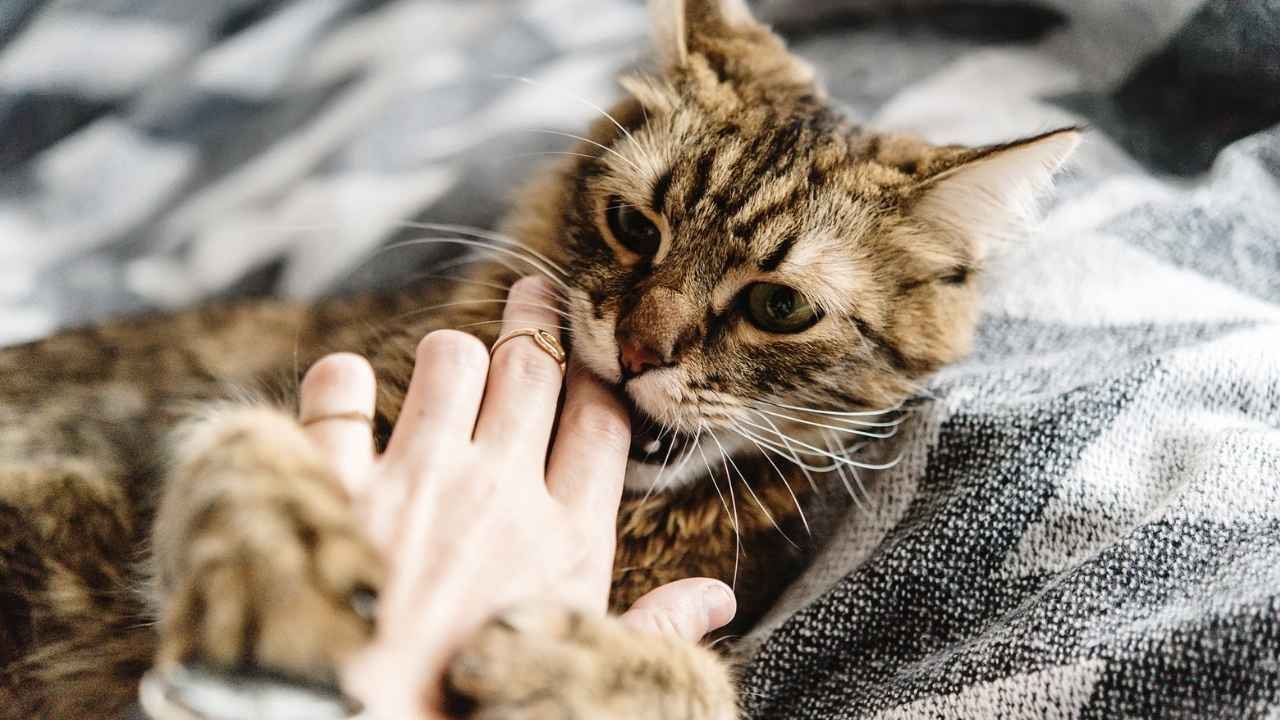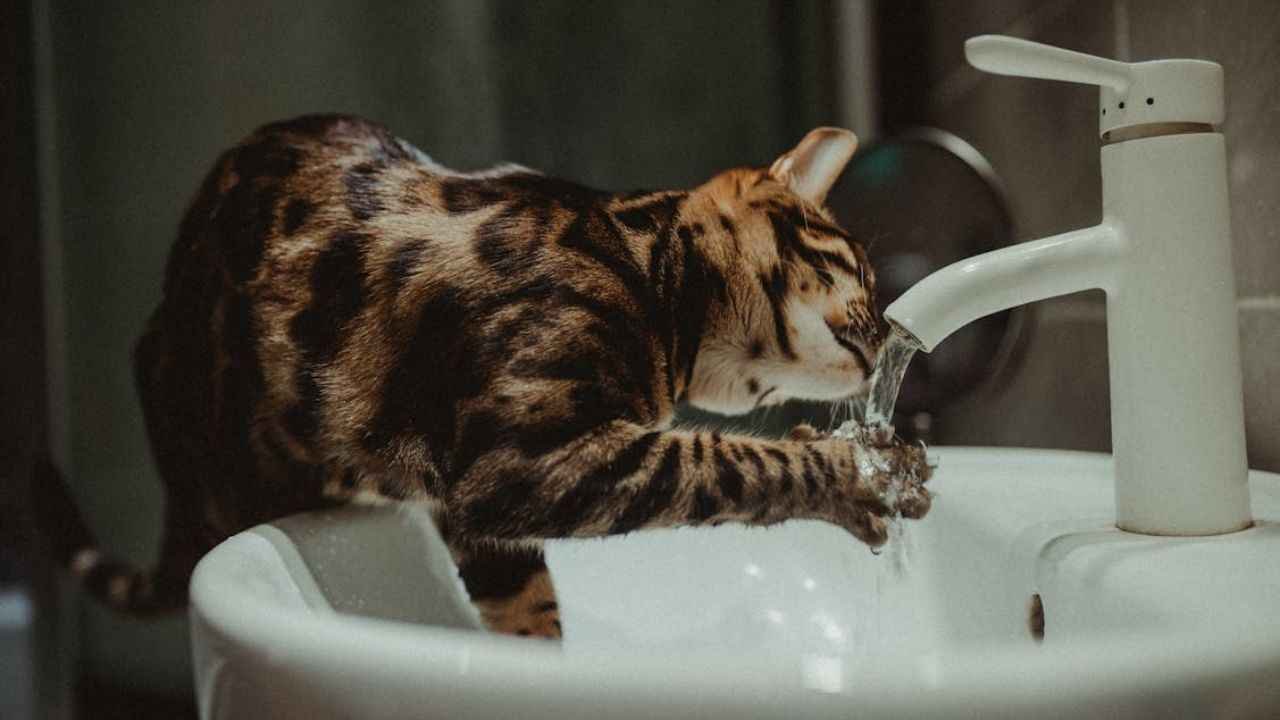Cats, known for their enigmatic nature, often engage in behaviours that confound their human companions. One such puzzling behaviour is nocturnal meowing, when cats vocalise excessively at night. While occasional meows at night may be normal, persistent or excessive meowing can indicate underlying issues that require attention.
Understanding Feline Communication
Meowing is a primary form of communication for cats, used to express a range of emotions and needs. They may meow to:
- Attract attention
- Seek food or water
- Express dissatisfaction
- Display affection
- Communicate a medical condition
However, nighttime meowing often deviates from these typical communication patterns and may be a sign of an underlying issue.
Common Causes of Nighttime Meowing
- Hyperthyroidism: This hormonal condition causes an overactive thyroid gland, leading to increased metabolism, anxiety, and nighttime vocalisation.
- Arthritis or Joint Pain: Painful conditions can make cats more restless and vocal at night.
- Cognitive Dysfunction Syndrome (CDS): In senior cats, CDS can result in confusion, disorientation, and increased nighttime meowing.
- Bladder or Kidney Problems: Frequent urination or discomfort can cause cats to meow at night to access the litter box or express discomfort.
2. Environmental Factors:
- Boredom or Lack of Stimulation: Cats are naturally active and curious, and boredom can lead to nighttime restlessness and meowing.
- Insufficient Food or Water: Hungry or thirsty cats may meow at night to demand sustenance.
- Litter Box Issues: Dirty or inaccessible litter boxes can lead to stress and nighttime meows.
- Predators or Disturbances: Cats may meow at night if they sense potential threats or disturbances, such as outside noise or animals.
3. Age-Related Changes:
- Kittens: Kittens may meow at night due to hunger, loneliness, or teething discomfort.
- Senior Cats: As cats age, their sleep patterns can change, leading to increased nighttime activity and meowing.
How to Handle Nighttime Meowing
1. Rule Out Medical Conditions:
- Visit your veterinarian for a thorough examination to rule out any underlying medical conditions that may be causing nighttime meowing.
2. Adjust Environmental Factors:
- Provide plenty of toys and interactive activities to keep your cat mentally and physically stimulated during the day.
- Ensure your cat has access to food and water at night.
- Clean the litter box regularly and make sure it is easily accessible.
- Create a quiet and safe environment for your cat to sleep in.
3. Address Age-Related Changes:
- For kittens, provide a warm, comfortable place to sleep and consider feeding them a small meal before bedtime.
- For senior cats, create a quiet and accessible sleeping area and consider using a pheromone diffuser to reduce anxiety.
4. Behavioural Modification:
- Ignore nighttime meows that are not associated with an underlying need (e.g., for food, water, litter box).
- Reward your cat with treats or praise when they are quiet at night.
- Consider using a white noise machine or fan to block out distracting noises.

When to Seek Professional Help
If nighttime meowing persists or becomes excessive, it is essential to seek professional help. Your veterinarian can further evaluate your cat’s medical condition and recommend appropriate treatments or refer you to a veterinary behaviourist for behavioural modification strategies.
Conclusion
Nighttime meowing in cats can be caused by a variety of factors, ranging from medical conditions to environmental and age-related changes. By understanding the common causes and implementing appropriate strategies, cat owners can effectively address nighttime meowing and ensure their feline companions have a restful night’s sleep. Remember, if meowing becomes excessive or persistent, always consult a veterinarian to rule out any underlying issues that may require professional intervention.
FAQs on Why Cats Meow at Night
Q: Why does my cat meow repeatedly at night?
A: Hunger, thirst, boredom, or anxiety can trigger repetitive meowing.
Q: Is it normal for cats to meow at night?
A: It’s common for cats to meow occasionally at night, but excessive meowing may indicate a problem.
Q: What should I do if my cat meows at night because of hunger?
A: Ensure your cat has free access to food or consider an automatic feeder that dispenses food at night.
Q: How can I prevent my cat from meowing at night due to thirst?
A: Provide fresh water in multiple locations and consider a water fountain to encourage drinking.
Q: What can I do to alleviate boredom in my cat at night?
A: Play with your cat before bed, provide interactive toys, and use a pet camera to monitor and entertain them.
Q: How can I reduce anxiety in my cat that causes nighttime meowing?
A: Ensure your cat has a safe and comfortable environment, use calming pheromone diffusers, and consider a veterinarian evaluation if anxiety persists.
Q: Is it possible that my cat is in pain and meows at night?
A: Any sudden or excessive meowing, especially accompanied by other symptoms, should be evaluated by a veterinarian.
Q: Can certain medical conditions cause nighttime meowing in cats?
A: Thyroid issues, cognitive dysfunction, and urinary tract infections can trigger meowing at night.
Q: Should I ignore my cat’s nighttime meows to discourage the behavior?
A: Ignoring meowing can reinforce the behavior if the cat’s needs are not being met. Instead, address the underlying cause.
Q: When should I be concerned about my cat’s nighttime meowing?
A: If the meowing is persistent, accompanied by other symptoms, or changes in behavior, it’s essential to consult a veterinarian.




